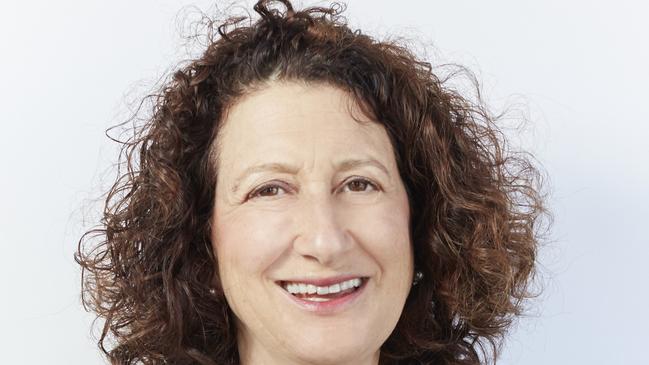How to take the stigma out of remote working
Bosses need to make sure that remote workers are not seen as second-class.

Singapore-based, American-born Australian consultant Aliza Knox believes that it’s time to take the “R” out of remote working. Knox, who has long experience working for companies with teams including Boston Consulting, Google, Cloudflare, Twitter and Visa, says her time in Asia with US-based multinationals has helped her to advise people about managing work during Covid.
She argues that leading teams in Asia with operations in the US and Europe (she was the first woman partner in Asia for the Boston Consulting Group) has honed skills for dealing with remote and hybrid work.
Knox has worked in San Francisco, Sydney and Singapore and says we need to remove the “stigma” around people who work away from head office – including the home location.
“I don’t like the word remote,” she says via Zoom from her home in an old Singapore chophouse. “It pushes people away and has a negative connotation. I prefer the term distributed workforce.”
Knox argues those working in distributed and hybrid arrangements must work harder on the emotional side of professional relationships, looking at ways to replace bonds and personal ties normally created in water cooler or hallway conversations. One example: keep the video turned on during group meetings.
Knox writes a regular column on work issues for Forbes magazine and says it is important for leaders of distributed workforces to take time out to thank those who have done something well.
“People thrive on recognition,” she says. “Leaders in distributed workforces need to lavish praise when it is deserved, and maybe a bit more than they would have thought necessary in the past.”
Example: send an email to a worker and copy in their boss to provide reinforcement of company goals.
Knox says many global companies now have regular video “town halls”, which are also opportunities to publicly praise those who have done a good job.
Social video events are also useful: “In one place I worked we did pub quizzes over lunch. In another place we played the ‘bank robbing game’. It creates some social interaction, besides work to allow people to get to know each other. It allows people to build relationships, which can be important when you need to ask a colleague for a favour.”
Knox says it is important to make those working outside from head office not to feel like second-class citizens, and it’s also important for bosses to be cognisant of the different time zones and the issues facing staff members in different locations. Leaders should recognise the logistical issues facing distributed workers by, for example, rescheduling a meeting at a time that is easier for them even if they have not asked for the change. This could include making sure a meeting time is suitable for a parent working from home, say between 4pm and 8pm, if it can easily be held at a different time.
She recalls one experience living in Singapore where she got up early for a conference call with the US only to find an email that her American colleague had decided, overnight her time, to cancel the meeting so he could go to his son’s soccer game.
Knox argues that having employees engaged with their company and co-workers is a proven way to improve output.
“Having an emotional connection is overarchingly important,” she says. “An engaged workforce leads to 20 per cent higher profits, according to research by Gallup, and lower levels of staff churn. You have to have people feel connected to their work and their teams. The challenge for leaders in distributed workplaces is to keep up the connections.”
Knox is a director of two Australian-based companies, Tyro Payments and home-care software company Health Metrics, which is backed by John Wylie’s Tanarra Capital.
She says hybrid is the future, even beyond Covid: “We are all moving to a hybrid situation.”
Some companies, such as Boston Consulting, are now letting teams make decisions themselves on how they want to work and what mixture of days they want to be in the office and at home.
But working from the office is often more important for younger workers and staffers new to a company. A recent survey by workplace designer Bates Smart showed young people are four times as likely as older ones to want to return to the office.
Hybrid working will force companies to make the workplace more attractive so employees want to come to work, for example by scheduling “fun” events on the days when everyone is in the office.
Knox, who says she is “transitioning” from Singapore to Sydney, Covid willing, is also working on a new book, Don’t Quit Your Day Job, which offers tips for people to stay in the corporate world.
“It is about how to rise and thrive in the corporate world,” she says. “Working life has its ups and downs. It is important to build the stamina to weather them. It’s about how to stay in the game.”



